The College of Arts & Letters hosts numerous research centers that produce cutting-edge scholarship and provide opportunities for students to engage in hands-on learning.
College-Affiliated Centers
Center for Gender in Global Context (GenCen), Soma Chaudhuri, Co-Director of Global Research, Outreach, & Engagement; Aminda Smith, Co-Director of Academic Programs, Outreach, & Engagement.
The Center for Gender in Global Context (GenCen) serves as Michigan State University’s hub for gender and sexuality research, teaching, and engagement with a global perspective. Our mission is to connect scholars, students, and community stakeholders with feminist knowledge to advance social change.
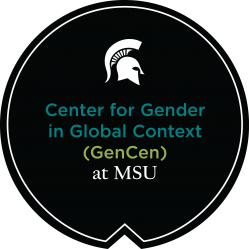
Center for Language Teaching Advancement (CeLTA), Felix Kronenberg, Director.
As a locally grounded and internationally minded hub for language education transformation, our mission is to empower language educators, engage language learners, and enhance language learning and teaching practices through innovation, research, advocacy, and professional development.

Digital Humanities (DH@MSU), Matt Handelman, Interim Director.
Digital Humanities at Michigan State University (DH@MSU) facilitates collaborations among the digital centers, labs, programs, and projects across campus. Our community supports innovative research, scholarship, teaching, and public engagement at a national and international level. We work through interdisciplinary partnerships and hands-on use of digital methods and tools toward social action and experiential learning.
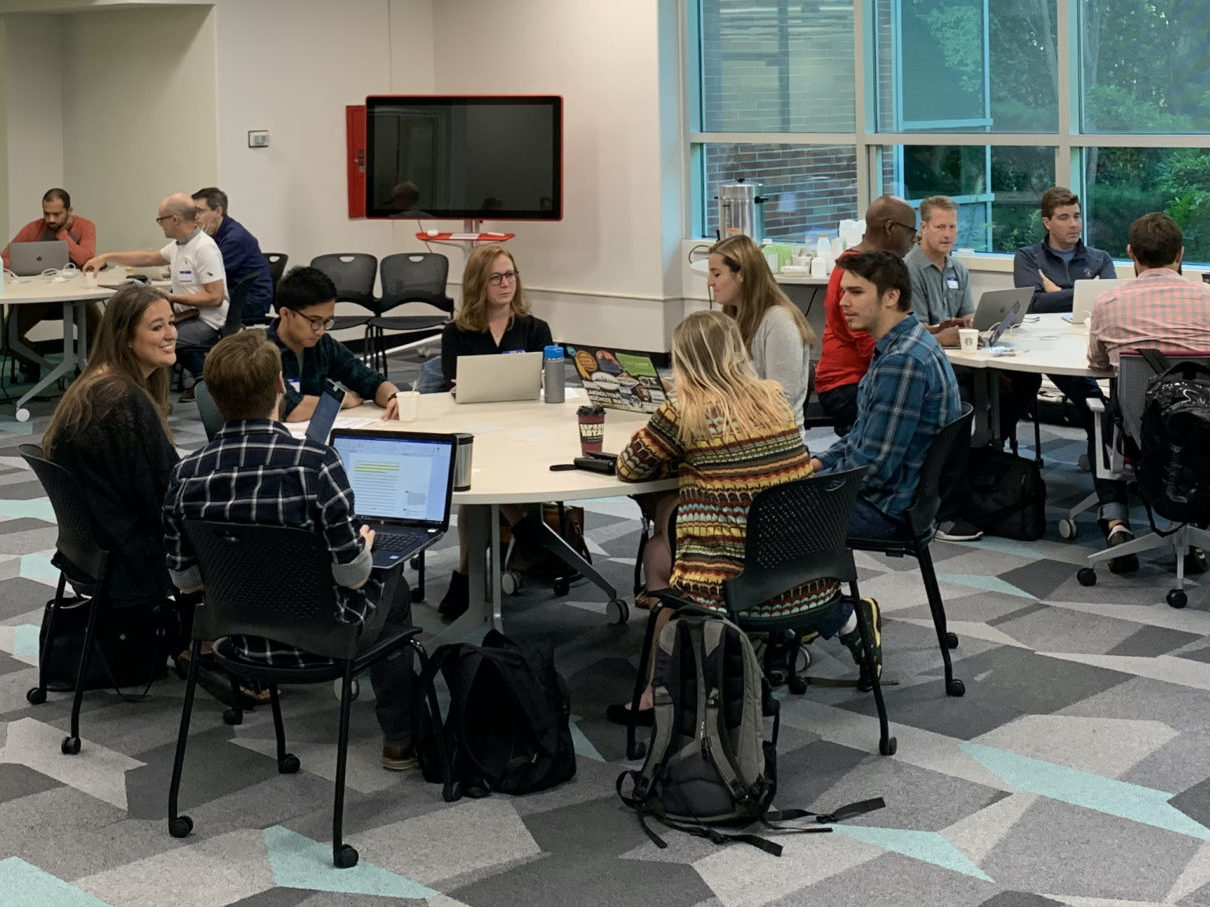
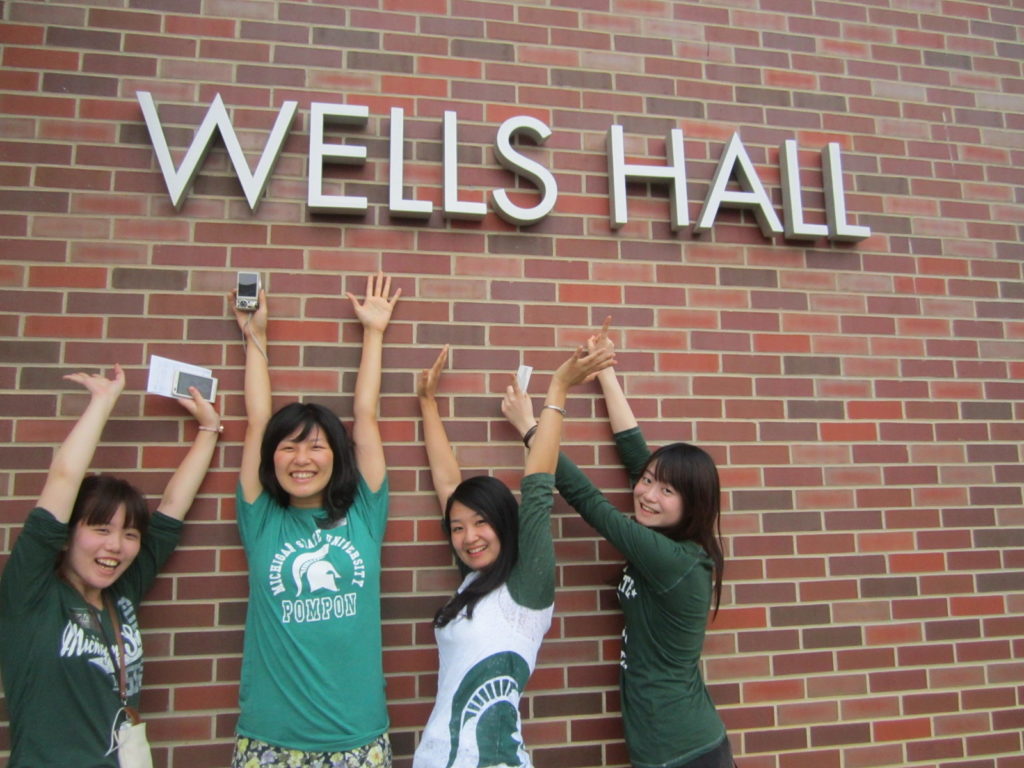
English Language Center (ELC), Dustin De Felice, Director.
We are a center that delivers on English language teaching, instruction, and testing.
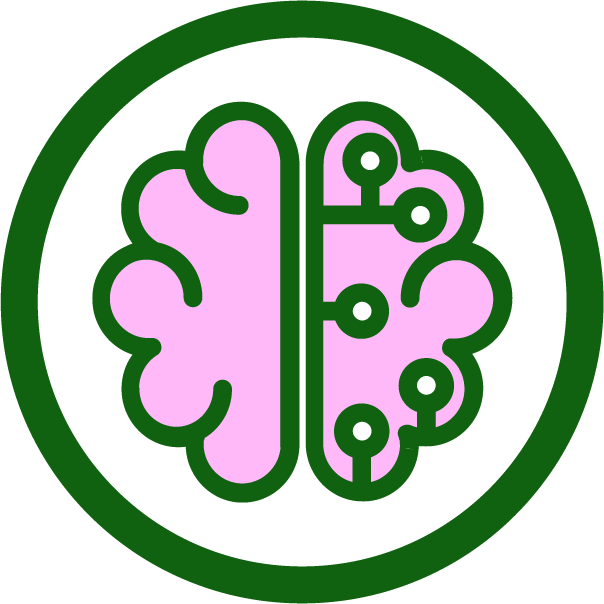
Evidence Driven Learning Innovation (EDLI), Caitlin Kirby, Stephen Thomas, and Natalie Vandepol, Co-Directors.
The Evidence Driven Learning Innovation team (EDLI) aims to humanize students’ learning experiences through conducting research and evaluation with MSU educators on their courses, teaching, and technology use. EDLI also contributes to curriculum development and implementation guidance for educational technology.

H-Net: Humanities and Social Sciences Online, Jesse Draper, Executive Director.
H-Net: Humanities and Social Sciences Online (H-Net) is an independent, non-profit scholarly association that offers an open academic space for scholars, teachers, advanced students and related professionals. Our vision is of the humanities and social sciences transformed by the immense potential of digital technologies and oriented around moderated intellectual exchange, collaborative production, and the open dissemination of knowledge.
Institute for Ubuntu Thought and Practice (IUTP), Upenyu Majee, Director.
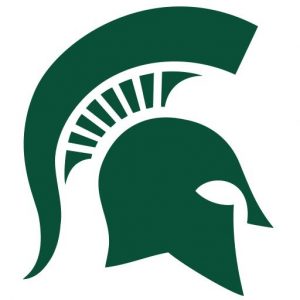
Matrix: Center for Humane Arts, Letters, & Social Sciences Online, Dean Rehberger, Director.
Matrix is an internationally respected research center for Digital Humanities & Social Sciences at Michigan State University. We aim to produce collaborative and sustainable digital humanities projects that are open and accessible to researchers, students, and the general public. While our diverse projects range in disciplinary and geographical scope, we have decades of engagement with the African continent and its diaspora.
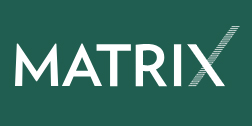
Mesh Research, Scott Schopieray, Interim Director.
Mesh Research is a lab exploring tools, platforms, and relationships for the future of digital scholarly communication. Mesh is a collaborative effort of the MSU College of Arts and Letters (CAL) and the MSU Libraries.
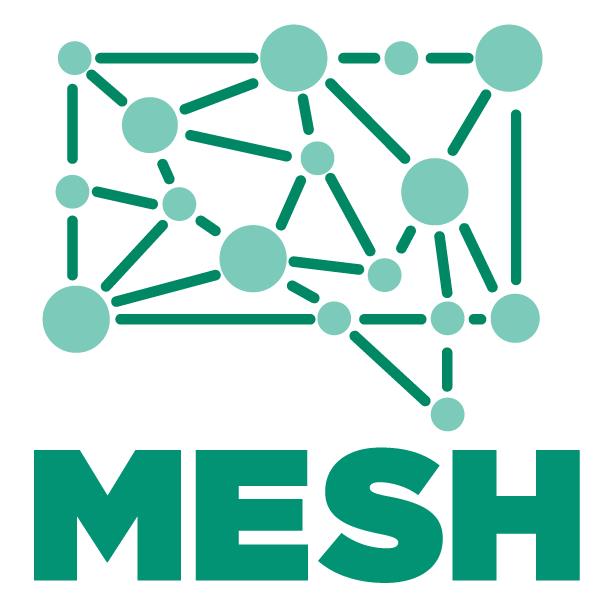

National Less Commonly Taught Languages Resource Center (NLRC), Felix Kronenberg, Director.
The National Less Commonly Taught Languages Resource Center (National LCTL Resource Center; NLRC) is a Department of Education/Title VI-funded national language resource center housed in the Center for Language Teaching Advancement at Michigan State University. The mission of the NLRC is to support and develop LCTL education by 1) offering high-quality opportunities for professional learning, 2) creating open and innovative instructional resources, and 3) forging strategic collaborations at the inter-institutional level.
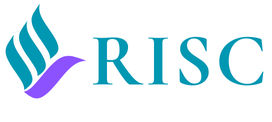
Research Institute for Structural Change (RISC), Elena Ruíz, Director.
The Research Institute for Structural Change (RISC) is a nonprofit public interest organization that promotes community-led social change across four areas of advocacy: gender and racial equity, global health, education and youth empowerment, and cultural change.

Toolbox Dialogue Initiative (TDI) Center, Michael O’Rourke, Executive Director.
The Toolbox Dialogue Initiative (TDI) Center is a facilitation and research center that provides evidence-informed capacity building services for complex research and practice teams around the world. TDI Center catalyzes successful teaming by centering structured dialogue as a primary mechanism for cultivating collaborative capacity.
Writing Center (WC), Grace Pregent, Director.
The Writing Center at MSU operates with a broad vision of collaboration in the MSU community; peer-to-peer consultations with students, faculty, and the community allow us to expand ideas of literacy and composing beyond traditional models and geographic boundaries.
The Writing Center Research Lab at Michigan State is a collaborative and generative space that forefronts innovative and interdisciplinary writing center research. We engage in reciprocal collaborations about writing and writing centers within institutional, communal, and global ecologies in ways that honor local contexts. The lab consists of students, faculty, staff, community members, and regional and international partners.
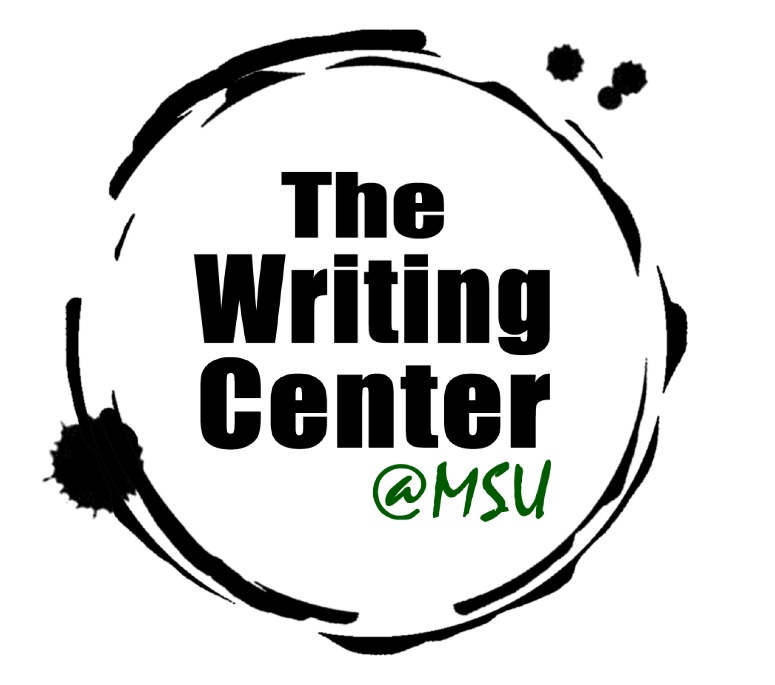
Department-Affiliated Centers and Labs
English
Digital Humanities Literary Cognition Lab, Julian Chambliss and Natalie Phillips, Co-Directors.
The Digital Humanities and Literary Cognition (DHLC) Lab is an interdisciplinary research space focused on literature, cognitive and neurosciences, and Digital Humanities. The lab involves graduate and undergraduate students from across the university working on innovative projects in areas like black digital humanities, Afrofuturism, neuroaesthetics, and narrative responses to classical music. The DHLC is dedicated to advancing research at the intersection of these fields.
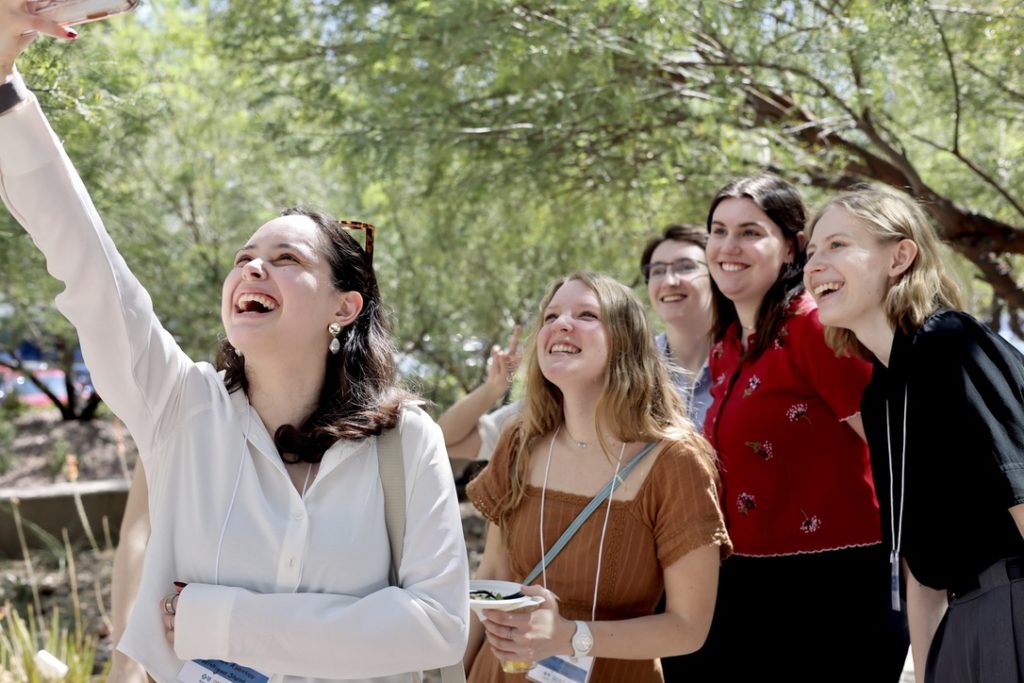
Linguistics, Languages, and Cultures
Eye Tracking Lab, Aline Godfroid and Paula Winke, Co-Directors.
A collaborative space for student and faculty research on the cognitive underpinnings of language acquisition, instruction, and assessment. The labs are equipped with two state-of-the-art eye trackers for recording eye movements as a window into cognition.
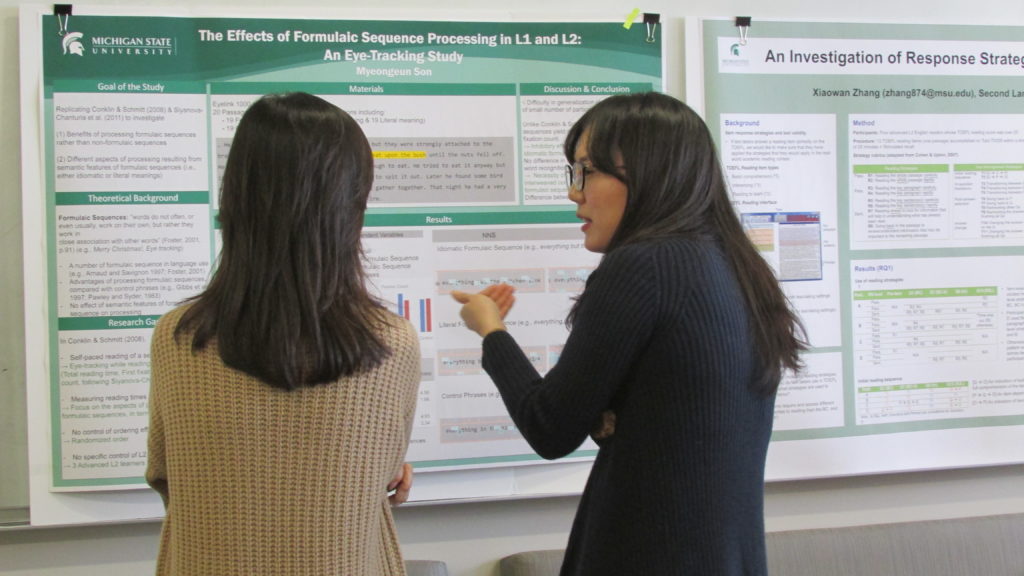
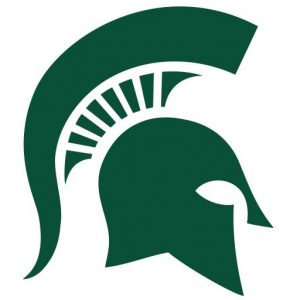
Language Acquistion Lab, Cristina Schmitt and Alan Munn, Co-Directors.
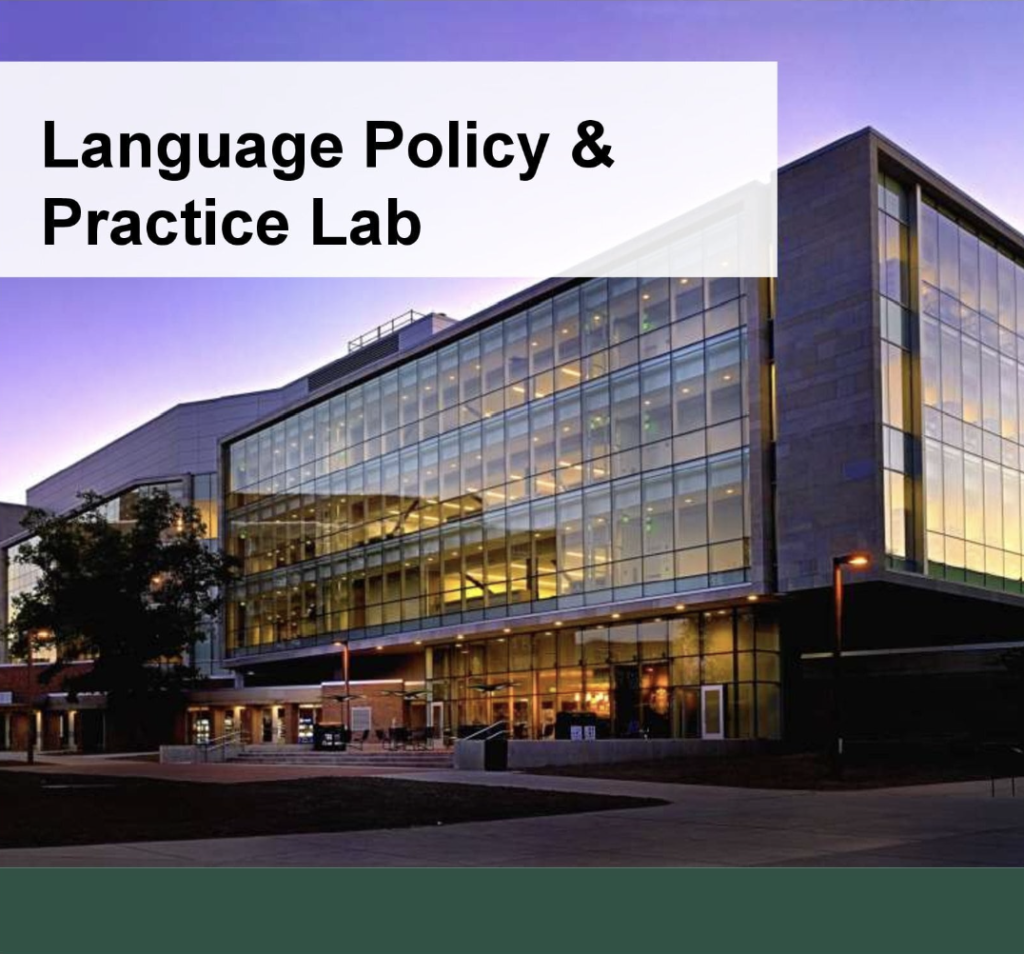
Language Policy & Practice Lab, Peter De Costa, Director.
The mission of the lab is to create a space for students and faculty who share an interest in language policy, and policy practices, to share research and resources.
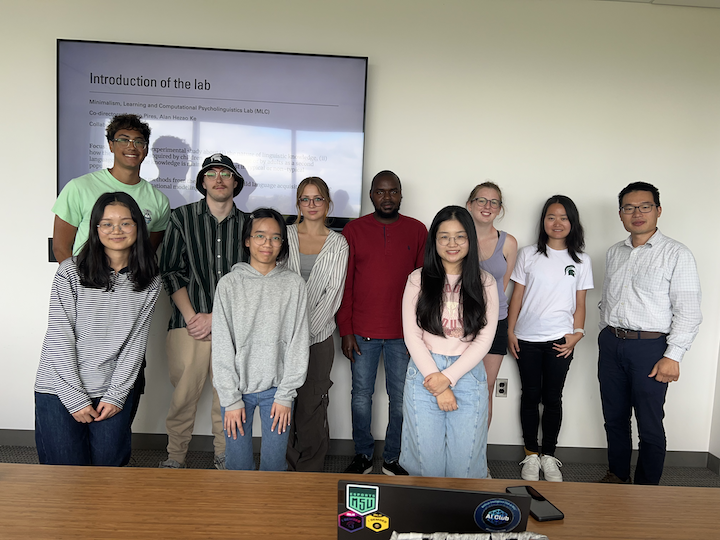
Minimalism, Learning, and Computational Psycholinguistics (MLC) Lab, Alan Ke, Director.
The MLC conducts research on topics such as syntax, computational modeling of syntax acquisition, and language knowledge loss in Alzheimer’s Disease patients. The lab comprises students from both linguistics and STEM fields, including computer science, computational data science, neuroscience, and more.
Multilingual Lab, Meagan Driver, Director.
The Multilingual Lab conducts and supports scholarly work that explores both the benefits of multilingualism, as well as the social challenges that are faced by many multilingual and marginalized communities. The Lab explores multilingual topics from interdisciplinary perspectives and a broad range of fields.
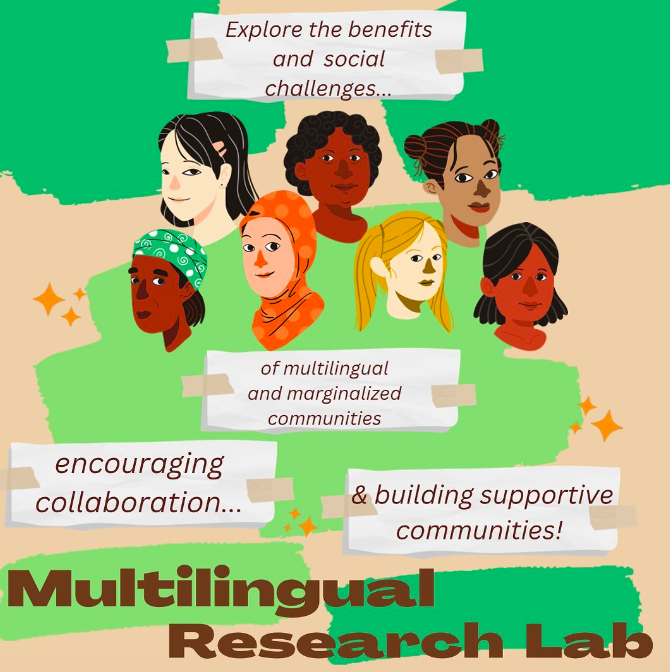
Phonetics and Phonology Group, Silvina Bongiovanni and Karthik Durvasula, Co-Directors.
Our lab tries to understand the nature of the knowledge that human beings have about the sound patterns (phonology) of their languages, and how such knowledge is used in perception, production and other linguistic tasks. We study a variety of languages to get at these questions: Arabic, English, Hindi, Huai’an Mandarin, Japanese, Korean, Mandarin Chinese, and Spanish.
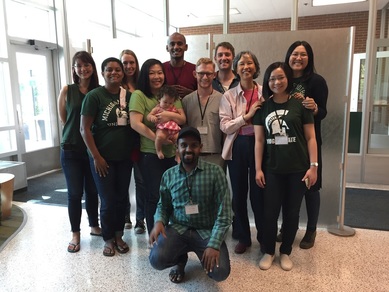
Second Language Studies Corpus Lab, Charlene Polio, Director.
The mission of the lab is to provide a space for collaborative work related to corpus linguistics. We hope to share work related to a wide variety of research areas including but not limited to second language acquisition and use, second language writing, language varieties, and text analysis.
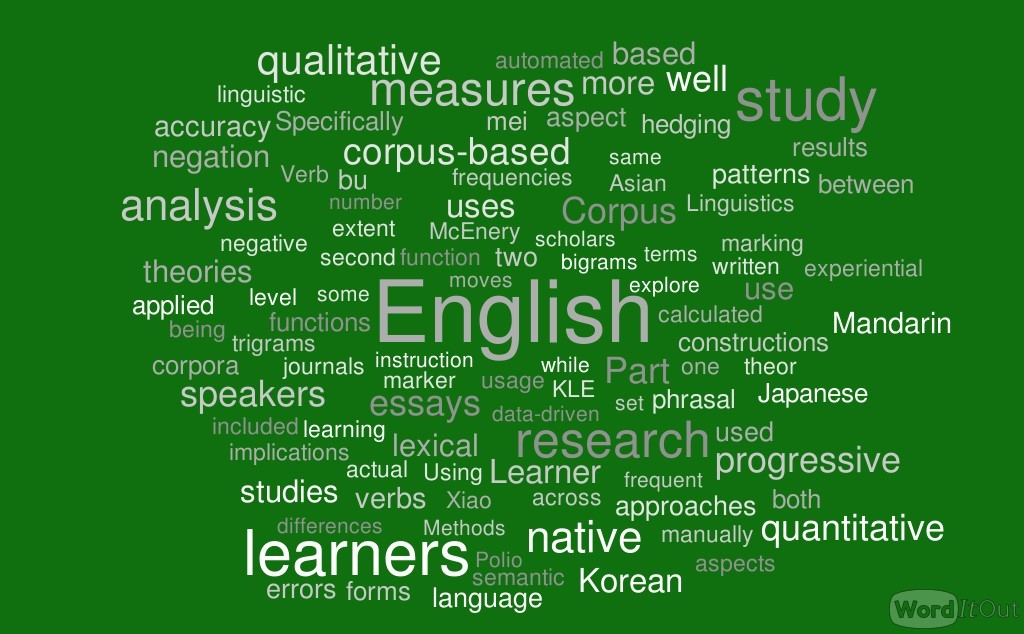
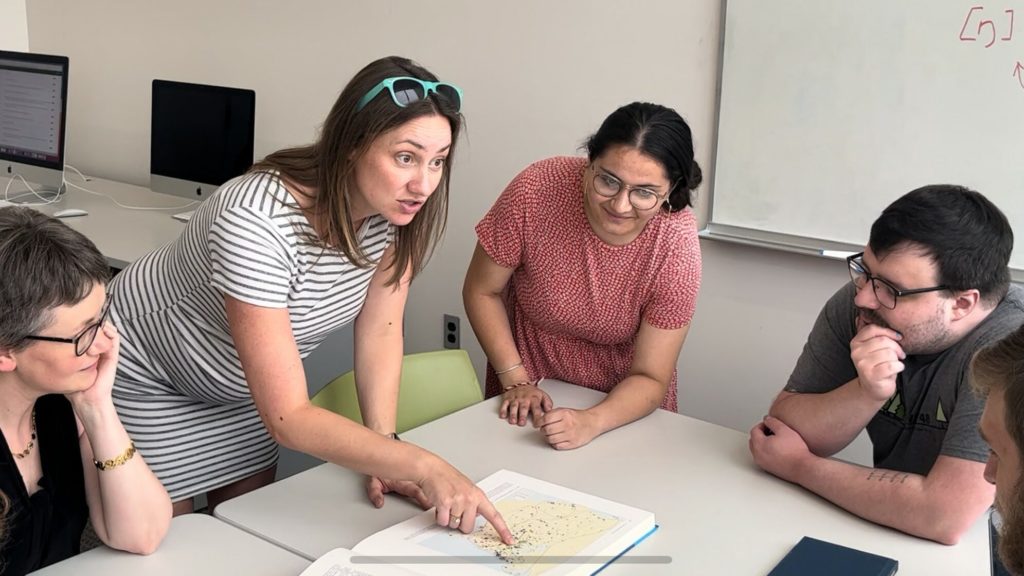
Sociolinguistics Lab, Betsy Sneller and Suzanne Wagner, Co-Directors.
The Sociolinguistics Lab is dedicated to advancing collaborative research in the study of language variation and language change, mentoring students, and educating the public about language diversity and linguistic discrimination.
Writing, Rhetoric, and Cultures
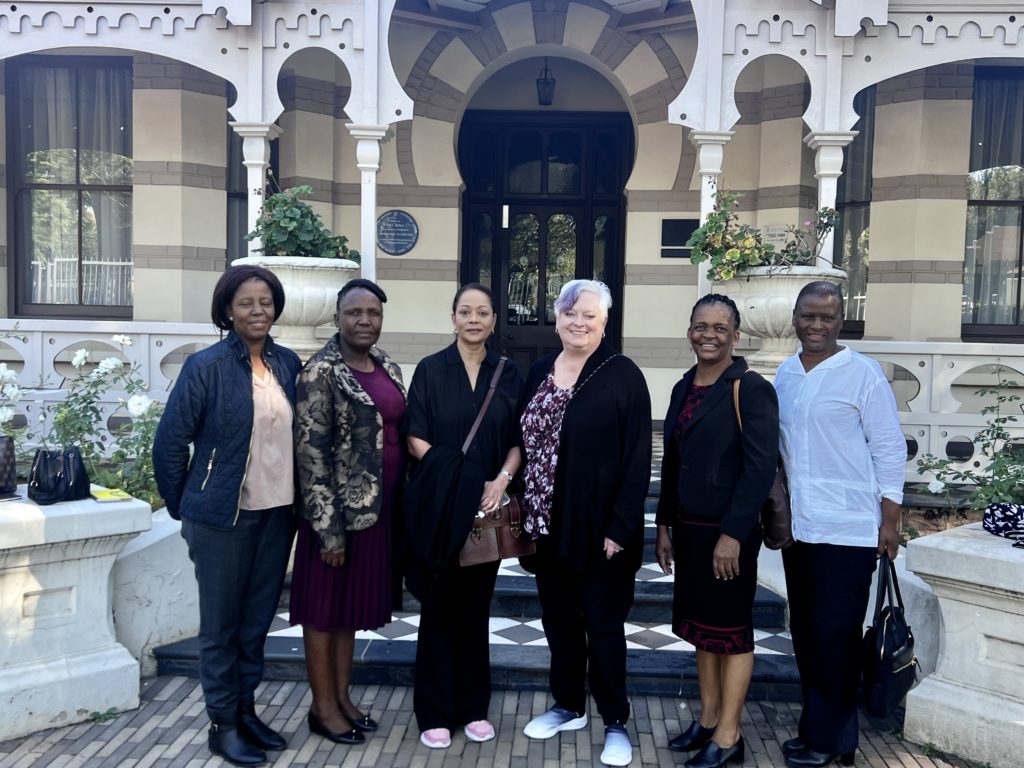
Global Alliances in Literacy and Engagement (GALE), Trixie Smith, Director
The GALE Center was founded in 2023 as an extension of global partnership work begun in and through the writing center. These collaborations have been focused on building, extending, and maintaining writing support programs or writing centers in various higher ed institutions including Botswana, South Africa, Namibia, Tanzania, and Uganda.

Writing, Information, and Digital Experience, Liza Potts, Director
Retired Centers
Center for Interdisciplinarity (C4I)
Center for Language Education and Research (CLEAR)
Consortium for Critical Diversity in a Digital Age Research (CEDAR)